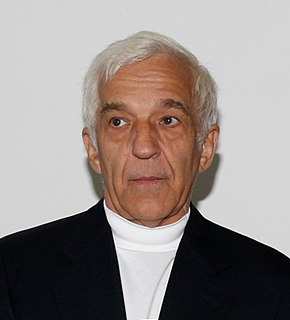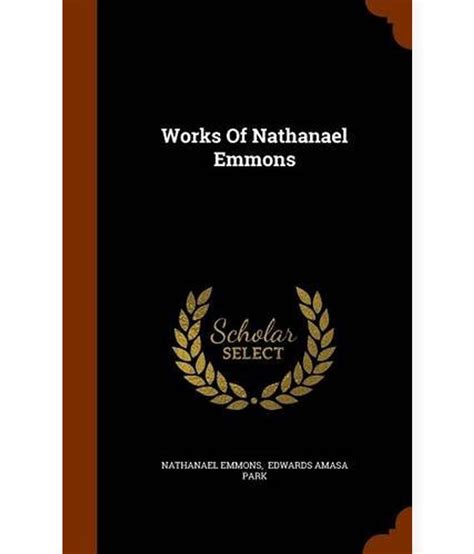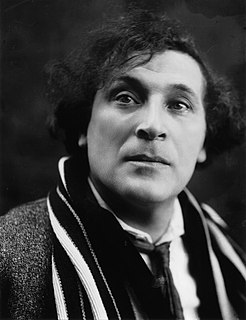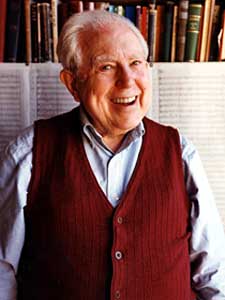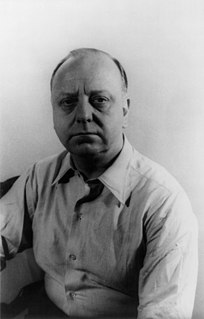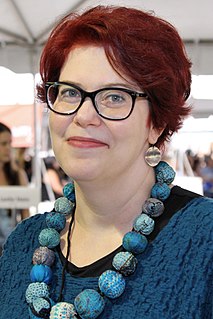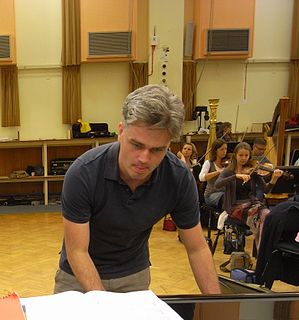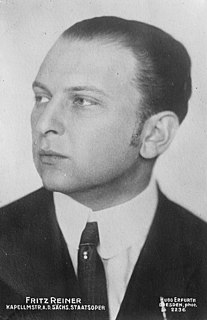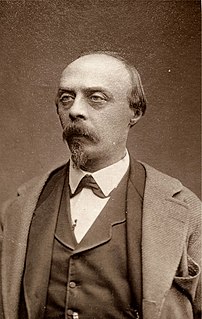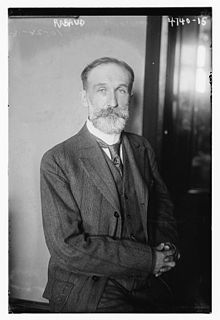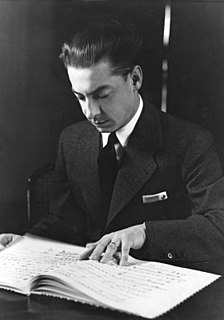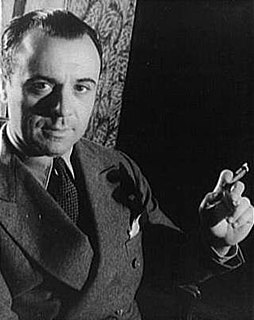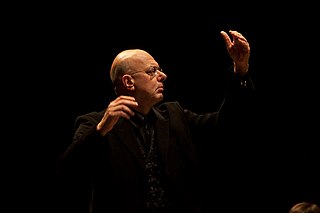A Quote by Vladimir Ashkenazy
I believe that interpretation should be like a transparent glass, a window for the composer's music.
Quote Topics
Related Quotes
It is good that the window should be transparent, because the street or garden beyond it is opaque. How if you saw through the garden too? It is no use trying to 'see through' [everything]. If you see through everything, then everything is transparent. But a wholly transparent world is an invisible world. To 'see through' all things is the same as not to see.
...stories about [the German composer Johannes] Brahms's rudeness and wit amused me in particular. For instance, I loved the one about how a great wine connoisseur invited the composer to dinner. 'This is the Brahms of my cellar,' he said to his guests, producing a dust-covered bottle and pouring some into the master's glass. Brahms looked first at the color of the wine, then sniffed its bouquet, finally took a sip, and put the glass down without saying a word. 'Don't you like it?' asked the host. 'Hmm,' Brahms muttered. 'Better bring your Beethoven!'
Lucas should've run out of there that instant. Instead he stared at me through the glass and slowly unfolded his hand opposite mine so that our hands were pressed againts the pane of glass, fingers to fingers, palm to palm. We each move closer, so that our faces were only inches apart. Even with the stained glass, window between us, it felt as intimate as any kiss we'd shared.
When I'm writing a play I hear it like music. I use the same indications that a composer does for duration. There's a difference, I tell my students, between a semi-colon and a period. A difference in duration. And we have all these wonderful things, we use commas and underlining and all the wonderful punctuation things we can use in the same way a composer uses them in music. And we can indicate, as specifically as a composer, the way we want our piece to sound.
